This piece is part of a series remembering the life, career, and legacy of Helmut (Hal) Sonnenfeldt — a member of the National Security Council, counselor at the Department of State, scholar at the Johns Hopkins School of Advanced International Studies (SAIS), and Brookings expert.
From my first experience as a British embassy observer of U.S. policymaking in the Washington of the mid-1970s, when Henry Kissinger and his leading advisers were in the ascendancy, I learned that the United States reserves two areas of strategic engagement, above all, for itself: the Middle East and superpower relationships. Even close allies such as the U.K. were kept a degree removed here. It was therefore a special test of diplomatic ingenuity to find out what was going on and wheedle one’s way into conversations about the underlying issues. Hal Sonnenfeldt stood out as a crucial figure in these sensitive maneuvers of ours to grasp the core of the U.S.-Soviet relationship. He never offered outsiders a key into the inner sanctum, but in his occasional master classes he revealed enough of his deep understanding of the issues and set a strong enough example of intellectual penetration for lesser beings outside the tent to catch a glimpse of the route to the summit.
Wouldn’t we all now want to have Hal in the room to interpret how that relationship is evolving, or should evolve, in this very different era? For the U.S., “the other superpower” has moved further east. But there is something remaining in the Washington-Moscow axis that cannot be ignored in the great power context: a massive nuclear challenge, of course, but also a threat from Russia of a more psychological kind, as it wrestles with its mix of envy and contempt for the American way of life and tries to undermine the message of freedom and economic dynamism that flows from it.
Let me offer an example. At the end of June, the Financial Times interviewed President Vladimir Putin in one of the longest continuous interviews Putin has conducted with Western journalists. Yes, he gave some specious responses to questions about interference in the U.S. election and the poisoning of Sergei Skripal in the U.K.; and his interviewers never tested him on Crimea or Ukraine. But the exchange shed interesting light on the Russian leader’s geopolitical approach.
Putin’s insistence on sovereign independence for every nation, his rejection of the West’s assumption of global leadership, and his interest in open discussion amongst equals for the solving of international problems came through as core principles. He seemed to be saying that Russia doesn’t want to be anyone’s enemy, but warned that others should stop trying to push it around or change its systems.
What gained the most headline comment was Putin’s contention that the West’s liberal order had “outlived its purpose.” This sounded as though he was claiming that illiberal systems, such as Russia’s, were about to have their day. But this is not an accurate reading of his words. He was insisting that, if the people of a particular nation wanted to pursue the liberal idea, that was their concern; but they had no right to impose it on others through some assertion of moral or political superiority.
The Putin philosophy marks a truth that the West will have to acknowledge. The perceived opportunity after the end of the Cold War to establish a global liberal order has peaked. It is not that liberalism (in the benign European sense) has outlived its purpose where people want it; but more that a large part of the less democratic and less liberal world has reasons for not following that example. Worse, where the strength of political argument by itself has not proved convincing, the West’s attempts to back up persuasion with force (Iraq) or sanctions (Russia, China, Iran, Turkey, North Korea, and others) have tainted its aura.
This changes the position on global cooperation. In the three critical areas where international cooperation is vital — security, the global economy, and climate change — it is no longer possible to set out a (U.S.-led) Western view and expect the rest of the world to be swayed by it. Respect for the views of those coming from different histories and backgrounds, whether authoritarian or developing nations, is a prerequisite. The liberal tendency has always been to disregard input from those viewed as less democratic or evolved. Now, with intra-Western coordination struggling under the pressures of nationalistic politics, there is no aligned liberal view either.
That is a lot for the Western community to digest when only too recently it thought that history had declared it the victor. Several of its essential interlocutors are under Western sanctions for following different principles. Further, the institutions that once organized what was basically a Western “global” agenda are fading in their effectiveness. We won the Cold War but are losing the peace that followed; the lack of a common enemy has weakened the requirement for coordination.
Western policymaking needs the sharpness of a Sonnenfeldt mind to perceive that the nature of the East-West rivalry has evolved, and that there are strategic choices here. Where is global cooperation going to come from? Who is going to take responsibility for the avoidance of devastating conflict? The solution has to be found by the major powers, and the United States — the most powerful of them — has to take the lead in the interaction between them to ensure that this responsibility is met.
Hal would understand that only a change of current attitudes can bring us to the right place. Untrammeled nationalism takes us in the wrong direction. Finding a basis for cooperation means talking through differences with respect, which is preferable to the use of force or punishment. If the liberal systems of rights and individual freedoms have to bend to international trade-offs and compromise, it will be a huge ask. But liberalism has lost the privilege of being self-explanatory, and the West must come to terms with that reality.
I suspect this was Putin’s real point, and it is hard to dismiss him as wrong.
The Brookings Institution is committed to quality, independence, and impact.
We are supported by a diverse array of funders. In line with our values and policies, each Brookings publication represents the sole views of its author(s).

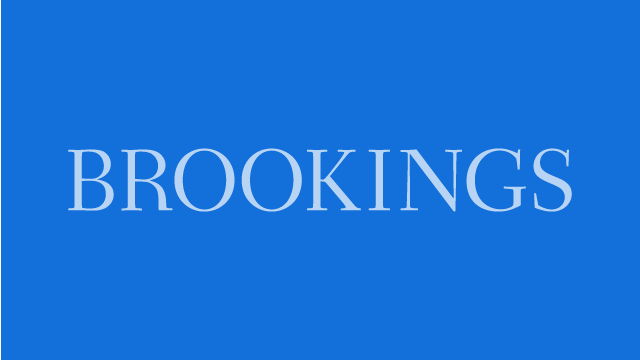
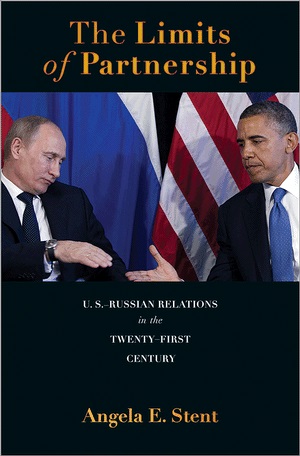
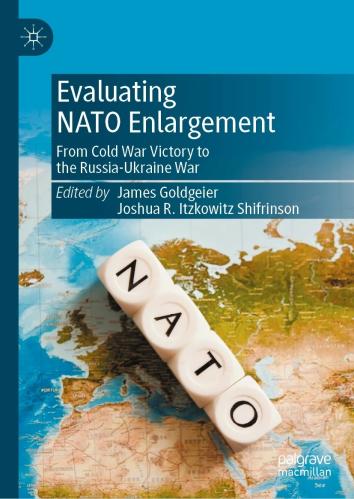
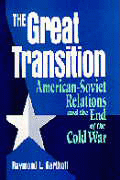
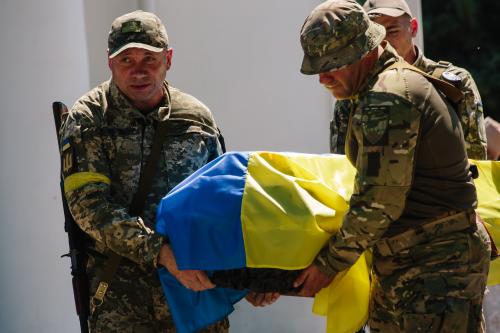
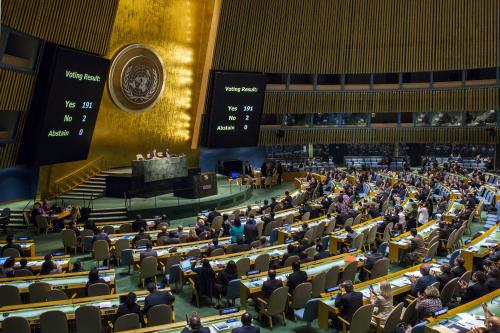
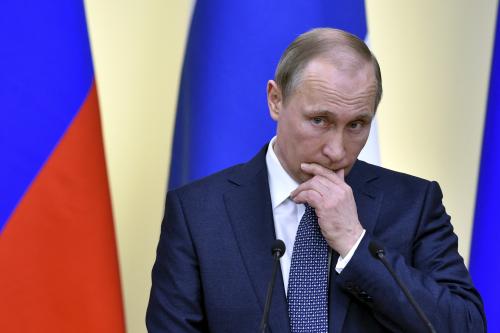



Commentary
Hal Sonnenfeldt and relations between Russia and the West today
October 17, 2019